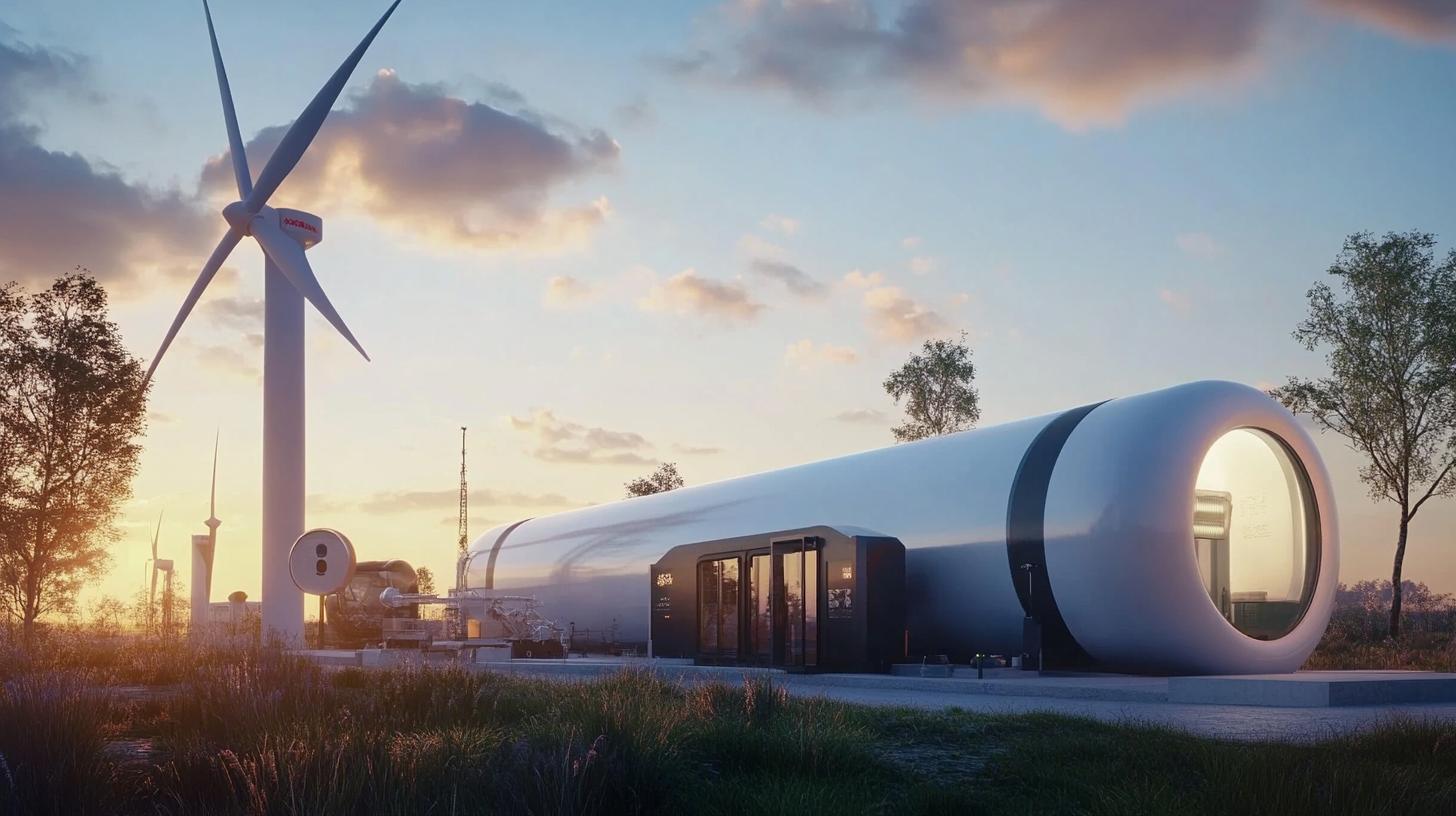Browse TagHydrogen Pipeline Network
A Hydrogen Pipeline Network refers to a system of pipelines designed specifically for the transportation of hydrogen gas. These networks are integral to the infrastructure supporting hydrogen as an energy carrier, enabling the efficient movement of hydrogen from production sites, such as electrolysis plants or natural gas reformers, to various end-use locations including industrial facilities, fueling stations, and storage facilities.Hydrogen pipelines can be made from various materials, often including steel, and are engineered to handle the specific properties of hydrogen, such as its low density and tendency to embrittle certain metals. The development of hydrogen pipeline networks is essential for scaling up hydrogen usage, particularly in applications aimed at reducing carbon emissions, such as in fuel cells for transportation or industrial processes.As the demand for clean energy sources increases, the establishment and expansion of hydrogen pipeline networks are critical for facilitating a robust hydrogen economy, promoting the use of hydrogen as a sustainable fuel option, and integrating hydrogen into existing energy systems.







